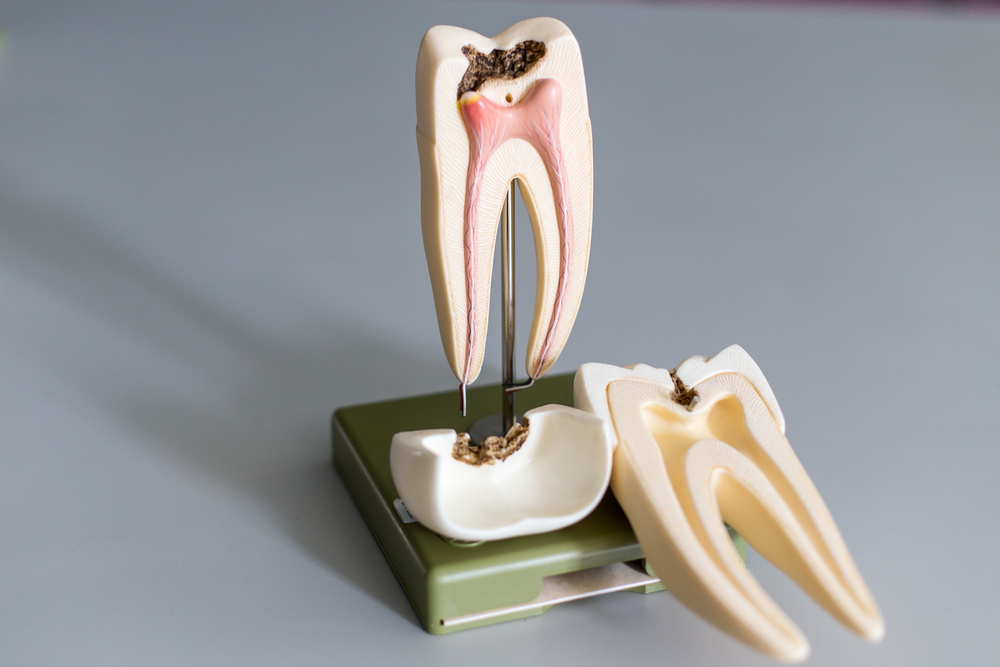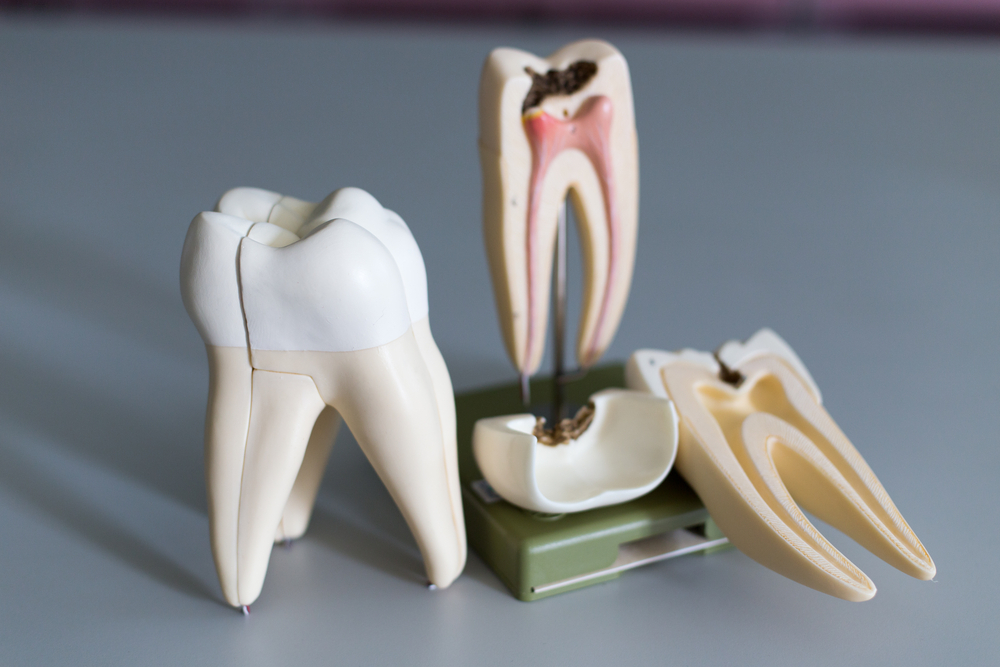
Root Canal Treatment
Root canal treatment is a dental procedure that is performed to treat an infected or inflamed tooth pulp, which is the soft tissue inside the tooth. This procedure is also known as endodontic treatment and is commonly performed by dentists to save a tooth that would otherwise need to be extracted.

During a root canal treatment, the dentist will first numb the area around the affected tooth with a local anesthetic. Then, they will create a small hole in the top of the tooth to access the pulp chamber and remove the damaged or infected tissue. They will then clean and shape the root canals, which are the thin channels that run from the pulp chamber to the tip of the root. After the canals have been thoroughly cleaned, they will be filled with a special material called gutta-percha, which seals the canals and prevents bacteria from entering.
After the root canal treatment, the dentist will typically place a temporary filling on the tooth to protect it until a permanent restoration, such as a crown or bridge, can be placed. This is because a tooth that has undergone root canal treatment is more fragile and prone to fracture.
Root canal treatment can typically be completed in one or two appointments, depending on the complexity of the case. While the procedure may cause some discomfort during and after the treatment, modern anesthetics and techniques have made root canals much more comfortable than they used to be.
Overall, root canal treatment is an effective way to save a tooth that would otherwise need to be extracted due to infection or inflammation of the pulp. It is an important dental service that helps preserve natural teeth and maintain oral health. If you think you may need a root canal, it’s important to talk to your dentist as soon as possible to discuss your options and develop a treatment plan.


